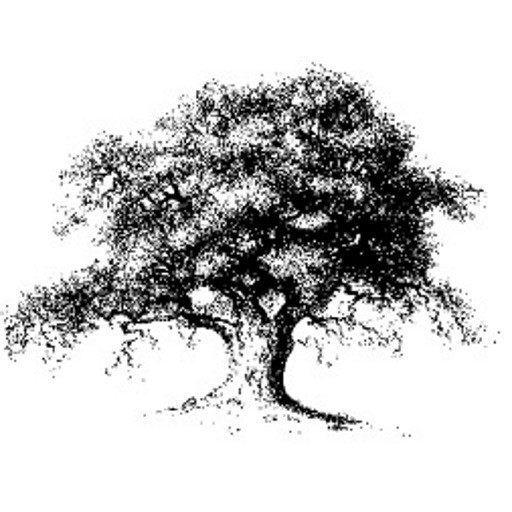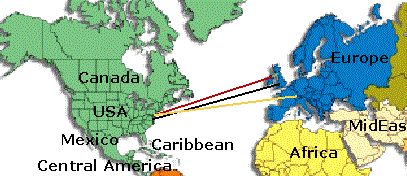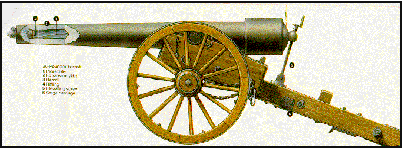THE ORIGINS OF THE FAMILY NAMES of Paris, Parish, Parris

From what we read, there are basically two distinct groups of families. The older lines come from ancestors who were from Paris, and made it to England where the letter “h” was added as part of old english. The newer lines are derived as someone who came from a church or civil parish. Also, it evolved in the 17th and 18th centuries from orpans who were raised by a church parish, hence they took the last name.
Origin of the name Parish
In 1997, Elaine Parrish provided this account of the Parish name origin to us: The most informed source I have spoken to is J. M. Parish in Canada. He recommends – among others – the books: ‘The Parisii’ by Harold Ramm (this covers the arrival in Yorkshire up to Medieval times) and ‘The Conquest of Gaul’ by Julius Caesar – written about 50 A.D. In short (what Joe maintains and what was confirmed by [and added to by] several other sources):
The Parisii were a Celtic clan that lived in a place called Paris (now Paris, France). The Roman Empire was out conquering everything everywhere.They went to battle with the Parisii, but the Romans were too great in number and won. The Parisii that could, fled to an isolated strip in what is now England and from there went to what is now Ireland.
Since Parisii was an odd name and since it was a custom of the time for a last name to be simply “of [placename]”, and since some wanted to blend in , etc, the name Parisii began to change. Some kept Parisii; some changed it and it became “Paris” or “de Paris” (of Paris); As they moved into Ireland, the “h” was added; variations became O’Paris, O’Parish, and Parish. Then “The Church” came along and used “Parish” to denote areas, so the second “r” was added by some so as not to be associated with the Church.
The name changes happened over many generations and was prompted by a variety of reasons (including: a desire to fit in or not stand out as different; to gain favor with or avoid conflict with “the powers that be”; or just because people were not educated and it just happened – as in census takers and tax roll compilers here change spellings).
Joe said that one “r” Parish was more common in Canada and Down Under; while the two “r” Parrish was more common in the U.S.
The European Origin of the Parish Name
According to family histories in general the name of Parish evolved from two main distinct origins. In other words, there are at least two families branches, unrelated, namely:
Of French extraction or from Paris – evolved from “de Paris”, (of Paris) from the city of Paris, as a Norman French name, originally “de Paris” which translates from French into English as “of Paris”, and eventually became Parish, Parys, etc. One Englishman, Matthew Paris, the English chronicler of the early part of the thirteenth century, acquired his name from his study at the University of Paris. Paris sometimes added an h to his name to make it Parish or Parrish.
Of a locality or church parish – Parish or Parrish as a name taken from locality or even a church parish. A name local in origin, persons from this branch are not necessarily French in origin as the lines which derived from Paris above. Also in the 17th and 18th centuries, the surname was occasionally bestowed on foundlings brought up at the expense of the parish…… the young person who was an orphan of the church – in the days before welfare and state aid, an orphan with no surname may have picked up the last name of Parish as being “of the Parish”
A third, less common origin of the name comes from the rare medieval given name Paris, probably a form of Patrick, but associated with the name of the Trojan prince, Paris, which has been speculatively traced to an original Illyrian form Voltuparis or Assparis “Hawk”.




